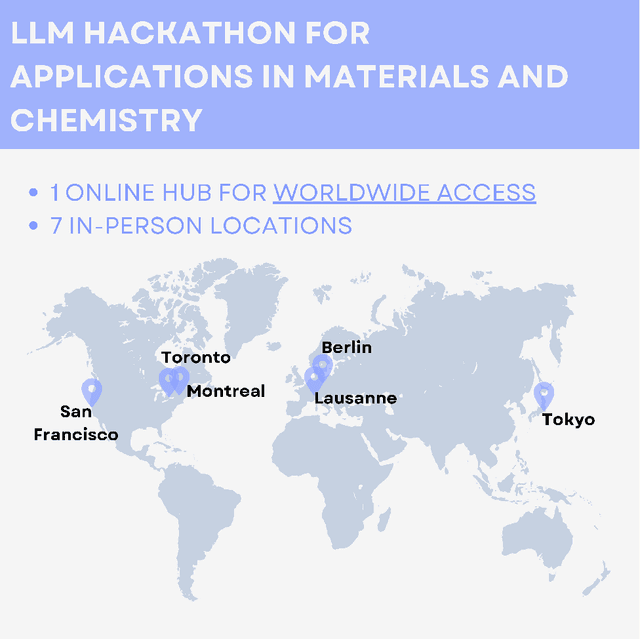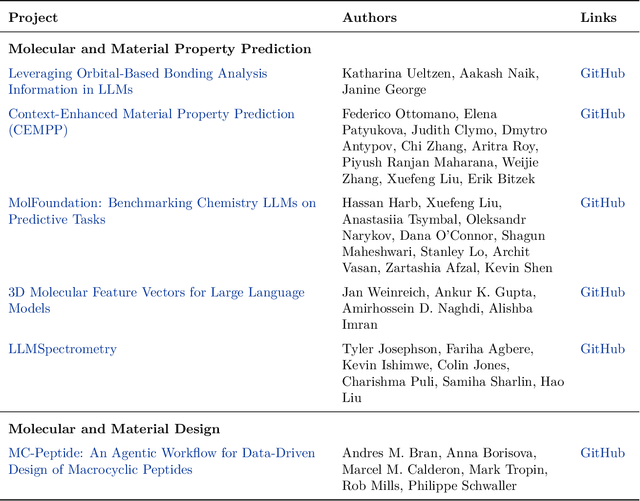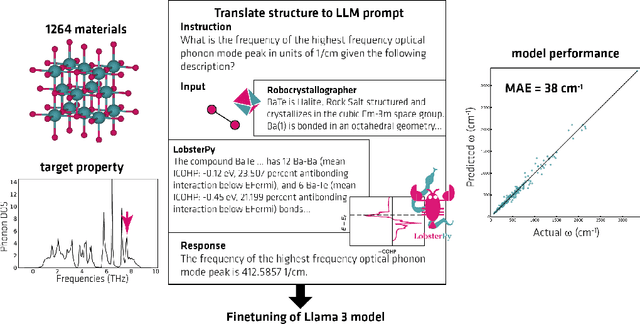Xinyi Ni
Brandeis University
Learning Personalised Human Internal Cognition from External Expressive Behaviours for Real Personality Recognition
Jul 31, 2025



Abstract:Automatic real personality recognition (RPR) aims to evaluate human real personality traits from their expressive behaviours. However, most existing solutions generally act as external observers to infer observers' personality impressions based on target individuals' expressive behaviours, which significantly deviate from their real personalities and consistently lead to inferior recognition performance. Inspired by the association between real personality and human internal cognition underlying the generation of expressive behaviours, we propose a novel RPR approach that efficiently simulates personalised internal cognition from easy-accessible external short audio-visual behaviours expressed by the target individual. The simulated personalised cognition, represented as a set of network weights that enforce the personalised network to reproduce the individual-specific facial reactions, is further encoded as a novel graph containing two-dimensional node and edge feature matrices, with a novel 2D Graph Neural Network (2D-GNN) proposed for inferring real personality traits from it. To simulate real personality-related cognition, an end-to-end strategy is designed to jointly train our cognition simulation, 2D graph construction, and personality recognition modules.
Multiple Abstraction Level Retrieve Augment Generation
Jan 28, 2025



Abstract:A Retrieval-Augmented Generation (RAG) model powered by a large language model (LLM) provides a faster and more cost-effective solution for adapting to new data and knowledge. It also delivers more specialized responses compared to pre-trained LLMs. However, most existing approaches rely on retrieving prefix-sized chunks as references to support question-answering (Q/A). This approach is often deployed to address information needs at a single level of abstraction, as it struggles to generate answers across multiple levels of abstraction. In an RAG setting, while LLMs can summarize and answer questions effectively when provided with sufficient details, retrieving excessive information often leads to the 'lost in the middle' problem and exceeds token limitations. We propose a novel RAG approach that uses chunks of multiple abstraction levels (MAL), including multi-sentence-level, paragraph-level, section-level, and document-level. The effectiveness of our approach is demonstrated in an under-explored scientific domain of Glycoscience. Compared to traditional single-level RAG approaches, our approach improves AI evaluated answer correctness of Q/A by 25.739\% on Glyco-related papers.
ToolFactory: Automating Tool Generation by Leveraging LLM to Understand REST API Documentations
Jan 28, 2025Abstract:LLM-based tool agents offer natural language interfaces, enabling users to seamlessly interact with computing services. While REST APIs are valuable resources for building such agents, they must first be transformed into AI-compatible tools. Automatically generating AI-compatible tools from REST API documents can greatly streamline tool agent development and minimize user learning curves. However, API documentation often suffers from a lack of standardization, inconsistent schemas, and incomplete information. To address these issues, we developed \textbf{ToolFactory}, an open-source pipeline for automating tool generation from unstructured API documents. To enhance the reliability of the developed tools, we implemented an evaluation method to diagnose errors. Furthermore, we built a knowledge base of verified tools, which we leveraged to infer missing information from poorly documented APIs. We developed the API Extraction Benchmark, comprising 167 API documents and 744 endpoints in various formats, and designed a JSON schema to annotate them. This annotated dataset was utilized to train and validate ToolFactory. The experimental results highlight the effectiveness of ToolFactory. We also demonstrated ToolFactory by creating a domain-specific AI agent for glycomaterials research. ToolFactory exhibits significant potential for facilitating the seamless integration of scientific REST APIs into AI workflows.
Reflections from the 2024 Large Language Model (LLM) Hackathon for Applications in Materials Science and Chemistry
Nov 20, 2024



Abstract:Here, we present the outcomes from the second Large Language Model (LLM) Hackathon for Applications in Materials Science and Chemistry, which engaged participants across global hybrid locations, resulting in 34 team submissions. The submissions spanned seven key application areas and demonstrated the diverse utility of LLMs for applications in (1) molecular and material property prediction; (2) molecular and material design; (3) automation and novel interfaces; (4) scientific communication and education; (5) research data management and automation; (6) hypothesis generation and evaluation; and (7) knowledge extraction and reasoning from scientific literature. Each team submission is presented in a summary table with links to the code and as brief papers in the appendix. Beyond team results, we discuss the hackathon event and its hybrid format, which included physical hubs in Toronto, Montreal, San Francisco, Berlin, Lausanne, and Tokyo, alongside a global online hub to enable local and virtual collaboration. Overall, the event highlighted significant improvements in LLM capabilities since the previous year's hackathon, suggesting continued expansion of LLMs for applications in materials science and chemistry research. These outcomes demonstrate the dual utility of LLMs as both multipurpose models for diverse machine learning tasks and platforms for rapid prototyping custom applications in scientific research.
 Add to Chrome
Add to Chrome Add to Firefox
Add to Firefox Add to Edge
Add to Edge